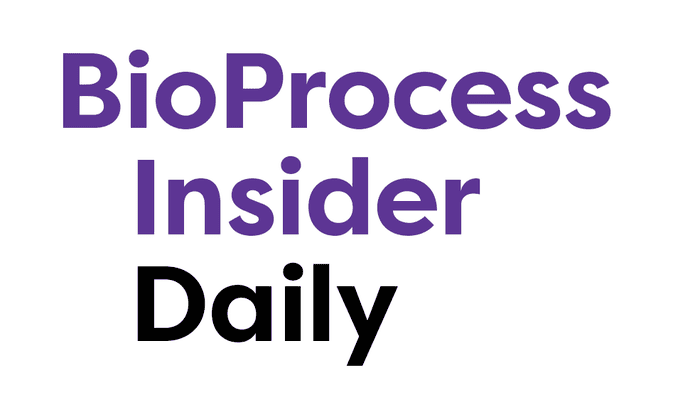
Our BioProcess Insider editorial team is at Biotech Week Boston 2024 to bring you some of the most pertinent coverage from across the conference hall and exhibition floor.
Follow our coverage throughout the event!
Vertex adds Lonza to cautious Casgevy commercial networkVertex adds Lonza to cautious Casgevy commercial network
Vertex says finding the sweet spot in manufacturing capacity is key to ensuring the successful rollout of sickle cell gene therapy Casgevy (exagamglogene autotemcel).

Autologous, ex vivo CRISPR/Cas9 gene-edited therapy Casgevy won US Food and Drug Administration (FDA) approval in December 2023 to treat sickle cell disease (SCD) and transfusion-dependent beta thalassemia (TDT).
However, akin to other advanced therapy rollouts, rollout has been slow, with Vertex and its partner CRISPR Therapeutics not treating a single patient within six months of launch. But now as the therapy gains momentum (approximately 20 patients had cells collected during Q2 2024), Vertex has announced a long-term supply agreement for production of the therapy with contract development and manufacturing organization (CDMO) Lonza.
Under terms of the deal, Lonza will make Casgevy from its facilities in Geleen, The Netherlands, with a second site in Portsmouth, New Hampshire expected to be brought online in 2025.
The news dropped as Ciaran Brady, VP of Manufacturing Science and Technology (MS&T) at Vertex Pharmaceuticals, took to the plenary stage at BPI East – part of Biotech Week Boston (BWB) – last week.
Though he did not reference Lonza specificly, he told delegates Vertex’ manufacturing strategy is based on a centralized model. “We do have sites in both the US and Europe where we send these cells to, to do the manufacturing process. We are currently expanding our network to have more sites globally […] close to where the patients are.”
Brady admitted that while Casgevy has been approved for roughly nine months, “we’ve only really hit the starting line. It’s given us the ability to get to patients, but we have so much more to do as this is a very nascent platform, a very nascent technology.”
Beyond Lonza (with whom Vertex already has a partnership to support its type 1 diabetes cell therapy portfolio), Vertex is working with Charles River Laboratories for the production of Casgevy from a facility in Memphis, Tennessee.
Using an outsourced model, he said Vertex is adding capacity through a “very flexible network,” which is key to avoiding overcapacity issues that would significantly cut into potential profits. “We’ve got to get right the size of the capacity to meet the demand so we’re not holding these big plants idle and putting those costs onto the product. That’s a journey that we’re currently on.”
Furthermore, Brady stressed the need to intensify its processes “to get as many batches out of as small a facility as possible in a very controlled way,” citing improved and maximized yields is key to balancing the costs of such a product.
Speaking with BioProcess Insider after the presentation, Brady spoke further about the difficulties of balancing the relatively unknown demand while not carrying the huge overhead of overcapacity. “We’re still in the early stages. We have a lot to do, but so far so good.”
About the Author
You May Also Like
schedl_b_and_w.jpg?width=100&auto=webp&quality=80&disable=upscale)
schedl_b_and_w.jpg?width=400&auto=webp&quality=80&disable=upscale)





